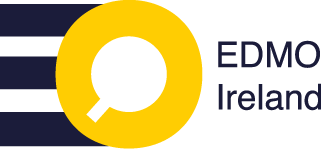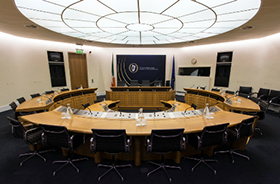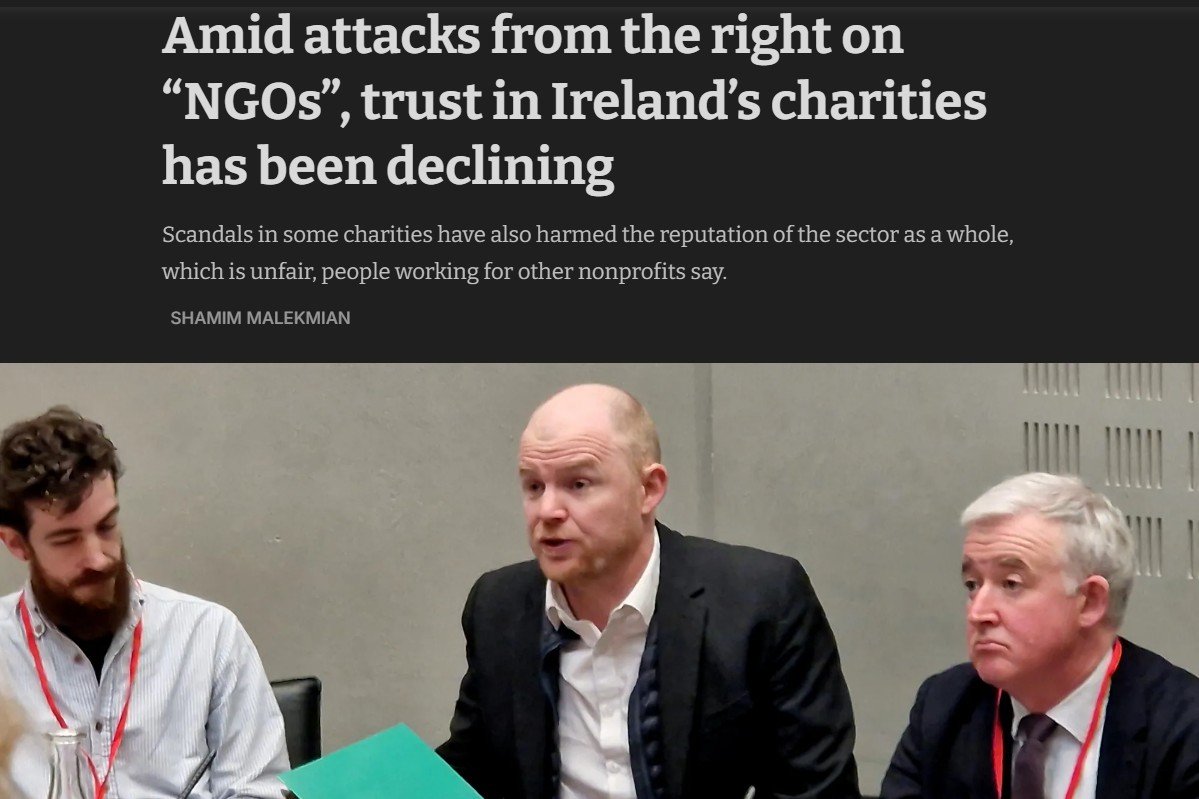As the Dáil wraps up ahead of a general election, the Joint Oireachtas Committee on Tourism, Culture, Arts, Sport, and Media has published its report on ‘the State’s response to online disinformation and media/digital literacy, including social media and fake news’.
The Committee outlined 16 recommendations relating to understanding disinformation, addressing disinformation harms, developing resilience and tools including media literacy, Key measures include establishing a dedicated, independent entity to monitor disinformation trends and equipping regulators to enforce transparency in tech under the Digital Services Act, positioning Ireland as a leader in data access and researcher transparency. The Committee also calls for robust regulatory oversight, especially around elections, to combat disinformation and ensure safe political participation. To foster resilience, the report supports developing a pluralistic media landscape and proposes that the Department of Tourism, Culture, Arts, Gaeltacht, Sport, and Media create a permanent coordinating body to drive collaborative, cross-sectoral responses to disinformation. Additional recommendations include the need for public awareness campaigns to “prebunk” common disinformation narratives and partnerships with fact-checkers to debunk false content. The report further highlights the importance of targeted media literacy programs for adults and marginalized communities, aiming for a comprehensive, inclusive approach to digital education.
EDMO Ireland’s Contributions
The report is based on three public oral hearings and fourteen written submissions. EDMO Ireland and DCU FuJo appeared at two of the public hearings represented by Dr Eileen Culloty and Dr Shane Murphy. It also delivered a written submission.
Dr Culloty has consistently argued for the creation of a dedicated body to monitor digital media trends, including disinformation, and provide reliable information for stakeholders and the public. The report cites Dr Culloty’s illustration of the shortcomings of our current knowledge of media trends when she cited the example of a misogynist influencer becoming well-known among young people long before teachers and parents became aware of this individual’s reach and influence.
Further, the report notes that while EDMO Ireland (EDMO) was established with the intention of delivering data and research insights, EDMO’s capacity is limited by its funding. The report recommends
“the establishment of a dedicated entity to provide independent and transparent insights into day-to-day disinformation trends in order to inform the work of state bodies, journalists, civil society actors and academic researchers.”
Read the Joint Oireachtas Committee report here.




